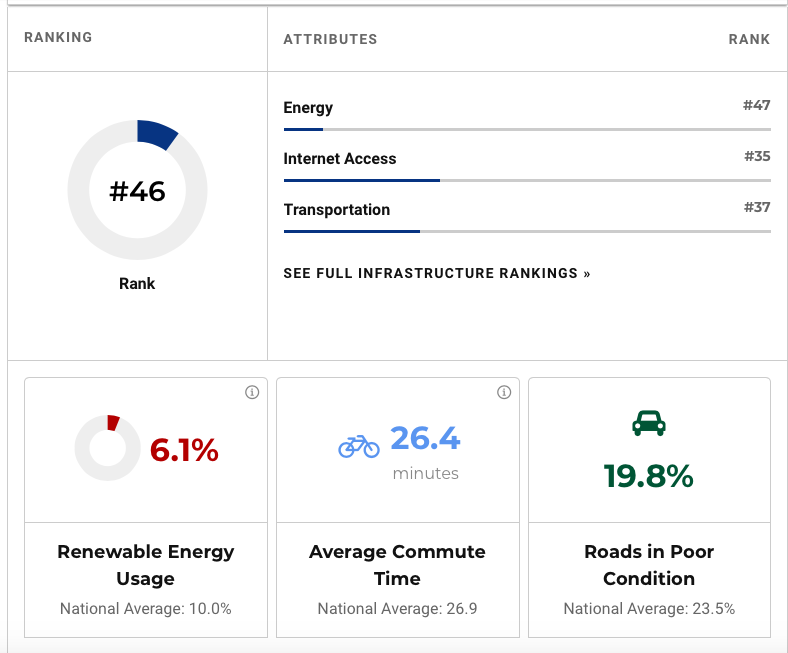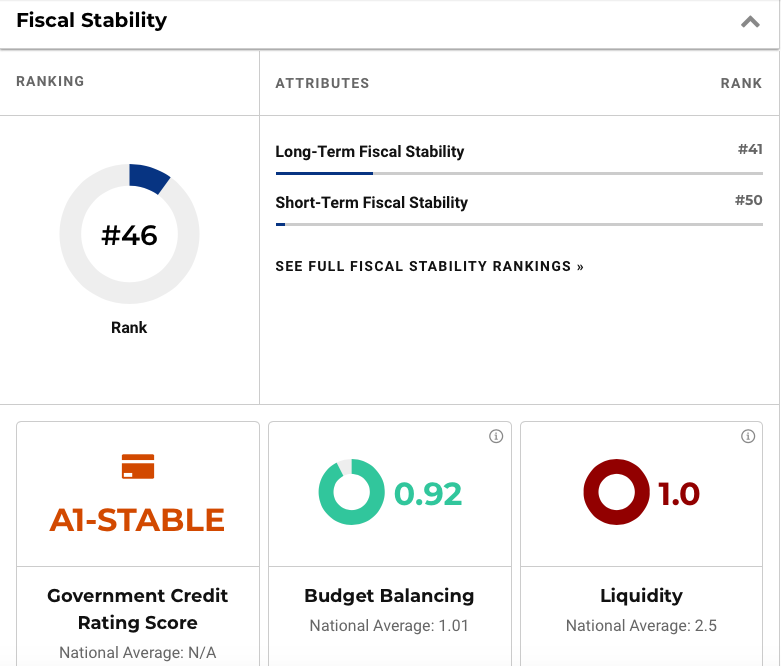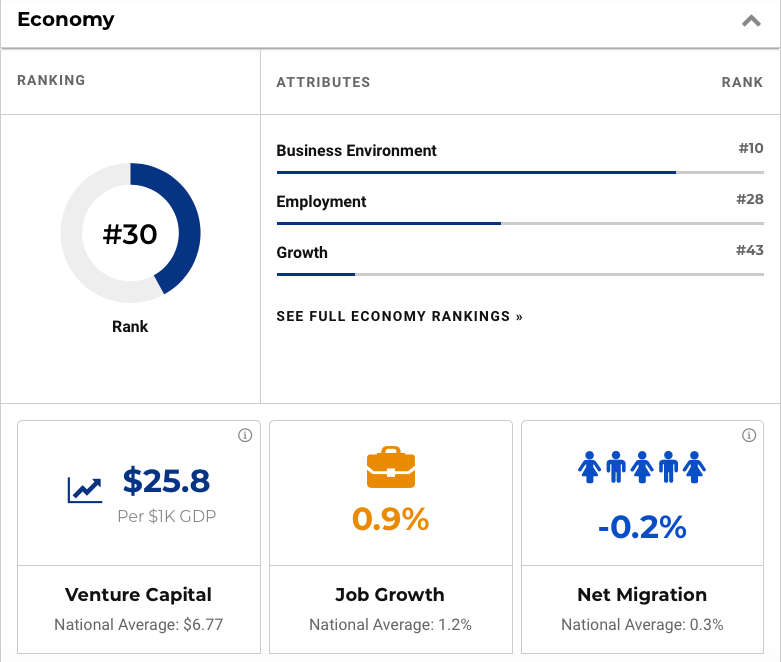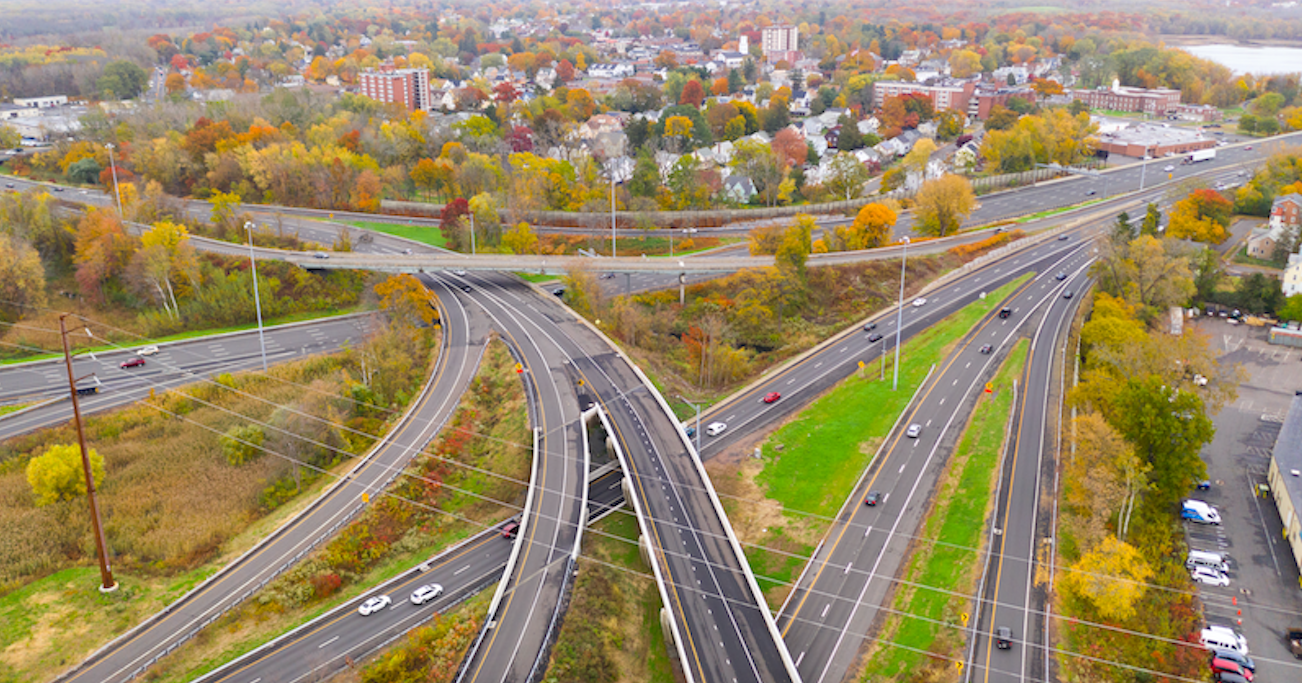U.S. News & World Report’s ranking of the best states gave Connecticut an overall ranking of 21 but faulted the state’s infrastructure at a lowly 46 at a time when the legislature is set to debate and possibly pass highway tolls as a means to fund infrastructure projects.
But there is more to that ranking than meets the eye, and it has little to do with Connecticut’s roads and bridges. Nevertheless, some toll proponents seized on the ranking to argue the state needs tolls to address infrastructure concerns and improve Connecticut’s ranking.
A simple drop-down button on U.S. News & World Report’s webpage shows the infrastructure ranking was based on energy, internet access and transportation.

Although not a spectacular ranking, Connecticut placed 37 for transportation. But it was its energy infrastructure that drove Connecticut’s ranking into the bottom five.
They ranked Connecticut 47 for energy because it relies less heavily on renewable energy than other states.
The report shows that 19.8 percent of the roads are in poor condition, which is below the national average of 23.5 percent.
It also showed the average commute time was 26.4 minutes, virtually identical with the national average of 26.9 minutes.
Although Connecticut scored very well overall, it also ranked 46 for fiscal stability.
While that probably came as little surprise, U.S. News & World Report’s measurements showed Connecticut dead last in the country for short-term fiscal stability and 41 for long-term fiscal stability.

Connecticut also ranked reasonably well for economy, even though Connecticut’s economy has lagged the nation since the 2008 recession.
The report, however, shows that it was Connecticut’s venture capital investments far outpace the national average, driving up the state’s ranking.
Meanwhile, job growth was below the national average and the report showed a net out-migration of residents whereas the national average showed growth.

The Finance, Revenue and Bonding Committee approved a budget proposal that included a 2 percent surcharge on capital gains. The tax increase is estimated to raise $262 million in order to fill a budget deficit.
Critics say the tax increase will push more companies and wealthy individuals out of the state, further harming state revenue collection.


Roy Rinaldi
May 16, 2019 @ 10:27 am
The majority of the residents of Connecticut are AGAINST the tolls but the legislature continues to struggle with the wording to pass the tolls…….IM OUT OF HERE THIS ISNT A DEMOCRACY THIS IS A MONEY GRUBBING LIBERAL DEMOCRATS I CANT STAND IT ANYMORE